Media: Journalism
Mollie Slott
During a 56-year tenure with the Chicago Tribune-New York Daily News Syndicate, Mollie Slott guided the daily operation of a nationwide news distribution service that, in addition to the comics, included columns of advice, sports, politics, and serialized fiction.
Chava Slucka-Kesten
Chava Slucka-Kesten started teaching in Warsaw before World War II and continued her career through the war in Moscow. After the war she became an author and sustained her political involvement. Writing from the perspective of a politically engaged woman, Slucka-Kesten offers a unique glimpse into pre- and post-war Jewish life in Poland’s cities and villages, as well as into the early years of the State of Israel.
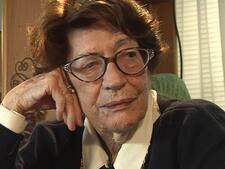
Michal Smoira-Cohn
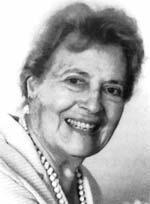
Virginia Snitow
Virginia Levitt Snitow was a multifaceted woman who was a teacher, political activist, pre-Second Wave feminist, poet, writer and founder of US/Israel Women to Women. Ahead of her time in the fight for both civil and women’s rights, Snitow was unafraid to take unpopular stances when fighting for others.
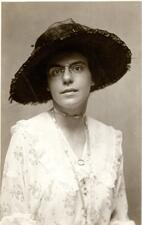
Emily Solis-Cohen
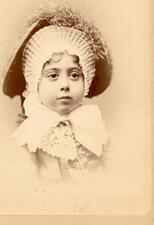
Judith Solis-Cohen

Rebecca Solnit
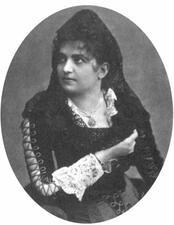
Rosa Sonneschein
Rosa Sonneschein created and edited the American Jewess, the first English-language magazine for Jewish women in the United States, where she advocated for the expansion of women’s roles in the synagogue and the Jewish community and expressed her strong support for Zionism.
Alice Hyneman Sotheran
Bertha Kaplan Spector
Born in a Russian shtetl, Bertha Kaplan Spector became a bacteriologist whose authoritative research helped to control an epidemic of amebic dysentery during the Chicago Century of Progress World’s Fair. Her work contributed to a better understanding of the disease, as well as to new standards of hygiene.
Bella Spewack
Bella Spewack, in collaboration with her husband Sam, is known for writing some of the most memorable works of musical theater history, including Leave It to Me (1938) and Kiss Me Kate (1948). The Spewacks also wrote screenplays for several 1940s Hollywood hits, such as Weekend at the Waldorf. The couple contributed to many Jewish organizations and founded the Spewack Sports Club for the Handicapped in Ramat Gan, Israel.
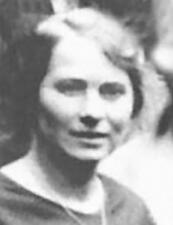
Sabina Spielrein

Susan Stamberg
Susan Stamberg, the first full-time woman anchor of a national nightly news broadcast, played an important role in making National Public Radio (NPR) a news organization that offered pioneering opportunities to women journalists. Her half-century career at NPR opened the way for other women by demonstrating competence, originality, and compassion in reporting and interviewing.
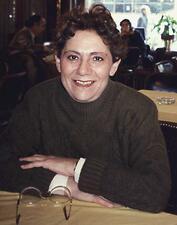
Alicia Steimberg
Fiction writer Alicia Steimberg (Buenos Aires, Argentina, 1933-2012) garnered important literary prizes. Her work as a translator was awarded by the Konex Foundation and she served the government as Director of Books of the Secretariat of Culture.
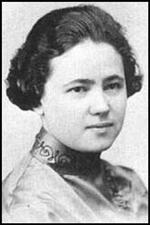
Mollie Steimer
Mollie Steimer earned nationwide attention for her refusal to compromise her anarchist beliefs during the widely publicized 1918 trial in which she was sentenced to prison under the Sedition Act. Later deported to Russia and then to Germany, Steimer continued her anarchist activities throughout her life.
Hannah Stein
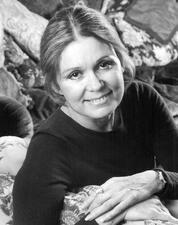
Gloria Steinem
Gloria Steinem was a leader of second-wave feminism and the co-founder of Ms. Magazine, the first feminist periodical with a national readership. As a journalist and spokesperson, she mobilized a generation of women to advance the cause of women’s liberation. Steinem has worked tirelessly all her life as an advocate for change.
Jewish Gender Stereotypes in the United States
Stereotypes of Jews have existed from their arrival in the New World to the present. Jews were portrayed as greedy, unscrupulous, and unrefined. However, Jews also created stereotypes about one another based on class, gender, and religion. Specifically, the Ghetto Girl, Jewish Mother, JAP, and others reflected tensions between genders about the place of Jews in the economy and culture.

Lina Solomonovna Stern (Shtern)
Lina Shtern, biochemist and physician, was the first woman professor at the University of Geneva and the first woman named to the Soviet Academy of Sciences. Born in Latvia, then part of the Russian Empire, she returned to the Soviet Union out of political idealism. A member of the Jewish Anti-Fascist Committee during World War II, she was a victim of postwar repressions that targeted both scientists and Jews.
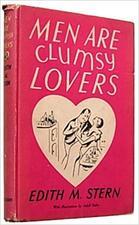
Edith Mendel Stern
A prolific writer as well as an activist in the mental health field, Edith Stern authored four novels and many guides for laypeople on the subjects of mental illness, aging, and differently abled children.
Elizabeth Stern
Eva Michaelis Stern
Eva Michaelis Stern was co-founder and director of the fundraising arm of the Youth Aliyah in Germany, and later the director of the Youth Aliyah office in London. Over the course of WWII, she helped more than 1000 children from countries all over Europe immigrate to Palestine.
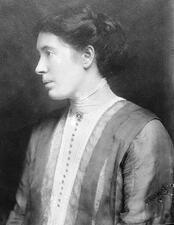
Rose Pastor Stokes
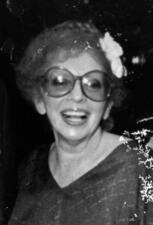
Tavy Stone
Manya Gordon Strunsky
Manya Gordon Strunsky was a socialist activist and a respected writer on political and social issues. Strunsky was also instrumental in bringing Jewish immigrants from czarist Russia to America and helping them to become settled.


